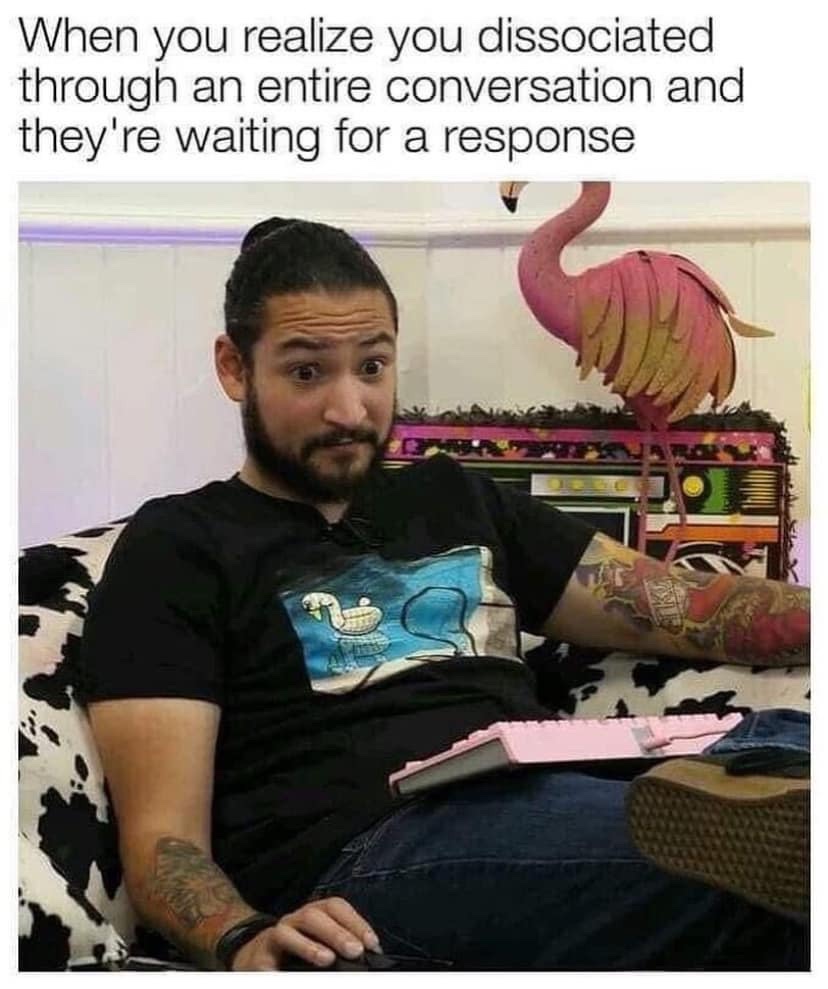ADHD
11257 readers
240 users here now
A casual community for people with ADHD
Values:
Acceptance, Openness, Understanding, Equality, Reciprocity.
Rules:
- No abusive, derogatory, or offensive post/comments.
- No porn, gore, spam, or advertisements allowed.
- Do not request for donations.
- Do not link to other social media or paywalled content.
- Do not gatekeep or diagnose.
- Mark NSFW content accordingly.
- No racism, homophobia, sexism, ableism, or ageism.
- Respectful venting, including dealing with oppressive neurotypical culture, is okay.
- Discussing other neurological problems like autism, anxiety, ptsd, and brain injury are allowed.
- Discussions regarding medication are allowed as long as you are describing your own situation and not telling others what to do (only qualified medical practitioners can prescribe medication).
Encouraged:
- Funny memes.
- Welcoming and accepting attitudes.
- Questions on confusing situations.
- Seeking and sharing support.
- Engagement in our values.
Relevant Lemmy communities:
lemmy.world/c/adhd will happily promote other ND communities as long as said communities demonstrate that they share our values.
founded 2 years ago
MODERATORS
1
2
4
5
6
7
8
9
10
11
12
13
14
15
16
17
18
19
20
21
22
23
24
25
view more: next ›






